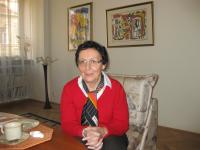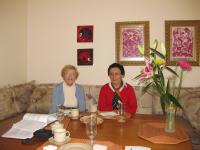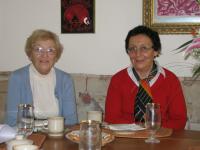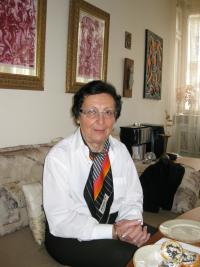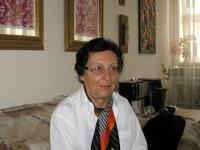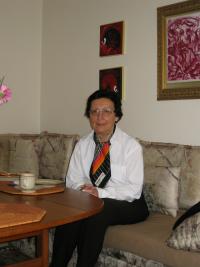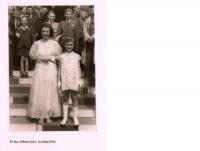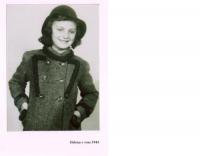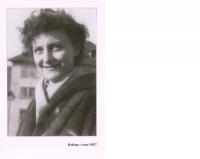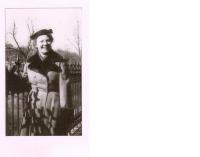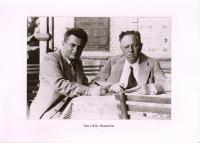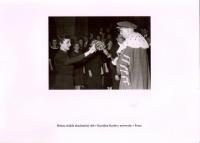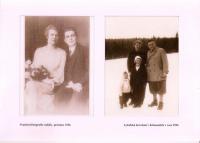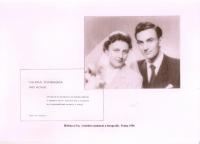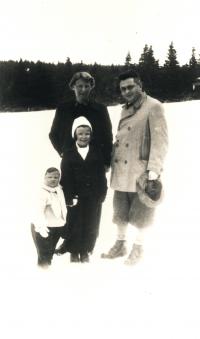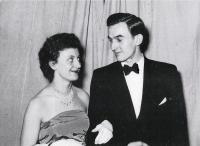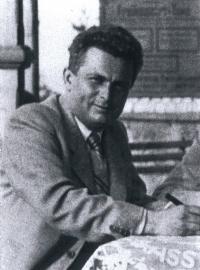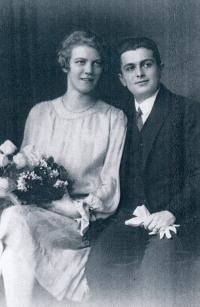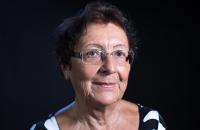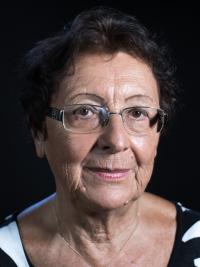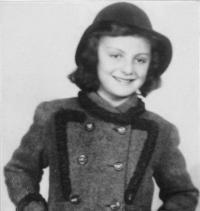I had no idea that my dad could be involved in the trial with Slánský

Download image
Helena Kosková, née Fischlová, was born in 1935 in a mixed Czech-Jewish family, being the younger one of two daughters. Her father Otto Fischl came from a Jewish family, her mother was Catholic. Her father worked as a lawyer, her mother was a housewife. In 1939, Otto Fischl had to suspend his legal practice for racial reasons – the family was considered to be racially mixed. Her father and both of the daughters managed to avoid deportation to the Theresienstadt ghetto thanks to the help of a doctor who certified Mr. Fischl unfit for deportation. After the war, her father joined the Communist Party and started a new career as a politician and diplomat. Helena Kosková – and particularly her older sister Eva, now Vaňková – were on the contrary of a considerably anticommunist stance. In the years 1949-1951, Mr. Fischl served as ambassador in the GDR. After the emigration of Eva in January 1951, Mr. Fischl was withdrawn from his diplomatic post and arrested in June 1951. In November 1952, Otto Fischl was sentenced to death in the trial with Rudolf Slánský and he was executed in early December 1952. His daughter Helena was sacked from school and her mother lost her job. In May 1953, they had to leave Prague and move to Stachovice in Fulnek. In the summer of 1956, Helena married and moved back to Prague again. After having studied Czech studies, she got a job at the Museum of National Literature. In the summer of 1965, Helena Kosková with her family and mother emigrated via Yugoslavia to Sweden, where she still lives today. She’s been actively promoting Czech literature abroad.
